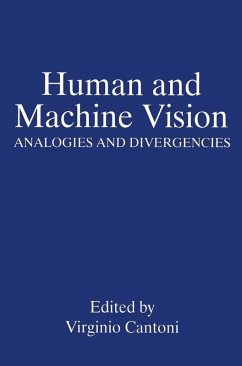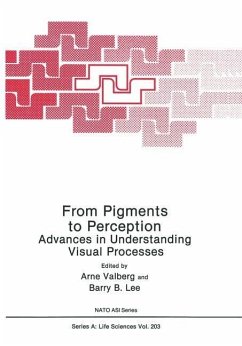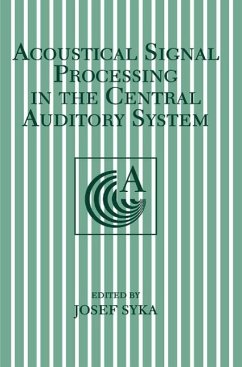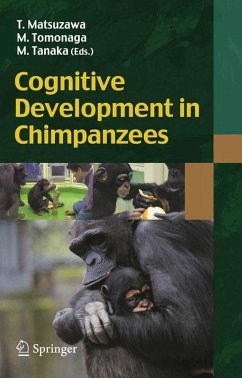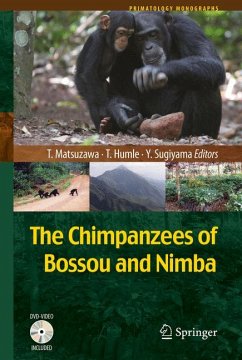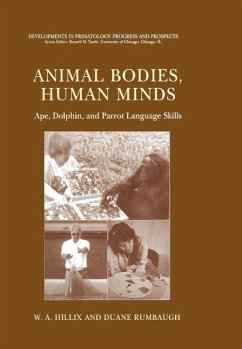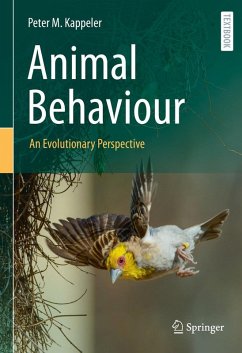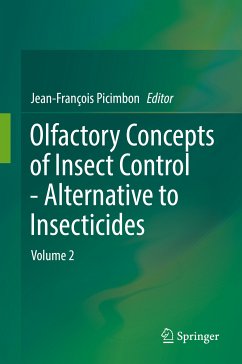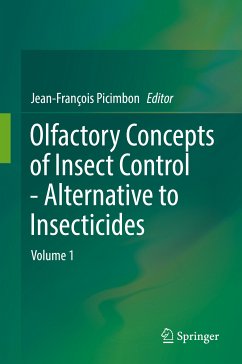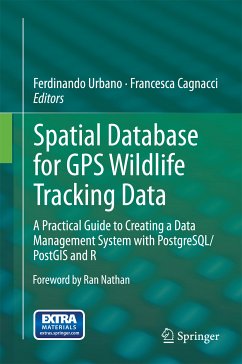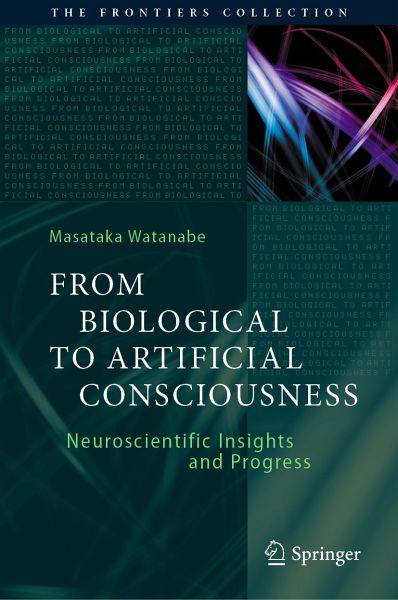
From Biological to Artificial Consciousness (eBook, PDF)
Neuroscientific Insights and Progress
Versandkostenfrei!
Sofort per Download lieferbar
32,95 €
inkl. MwSt.
Weitere Ausgaben:

PAYBACK Punkte
16 °P sammeln!
How does consciousness emerge from a brain that consists only of physical matter and electrical / chemical reactions? The deep mysteries of consciousness have plagued philosophers and scientists for thousands of years. This book approaches the problem through scientific studies that shed light on the neural mechanism of consciousness, and furthermore, delves into the possibility of artificial consciousness, a phenomenon that may ultimately solve the mystery. Finally, two key suggestions made in the book, namely, a method to test machine consciousness and a theory hypothesizing that consciousne...
How does consciousness emerge from a brain that consists only of physical matter and electrical / chemical reactions? The deep mysteries of consciousness have plagued philosophers and scientists for thousands of years. This book approaches the problem through scientific studies that shed light on the neural mechanism of consciousness, and furthermore, delves into the possibility of artificial consciousness, a phenomenon that may ultimately solve the mystery. Finally, two key suggestions made in the book, namely, a method to test machine consciousness and a theory hypothesizing that consciousness emerges from a neural algorithm, reveal a novel and credible pathway to mind-uploading.
The original Japanese version of this book has become a best-seller in popular neuroscience and has even led to a neurotech startup for mind-uploading.
Dieser Download kann aus rechtlichen Gründen nur mit Rechnungsadresse in A, B, BG, CY, CZ, D, DK, EW, E, FIN, F, GR, HR, H, IRL, I, LT, L, LR, M, NL, PL, P, R, S, SLO, SK ausgeliefert werden.



